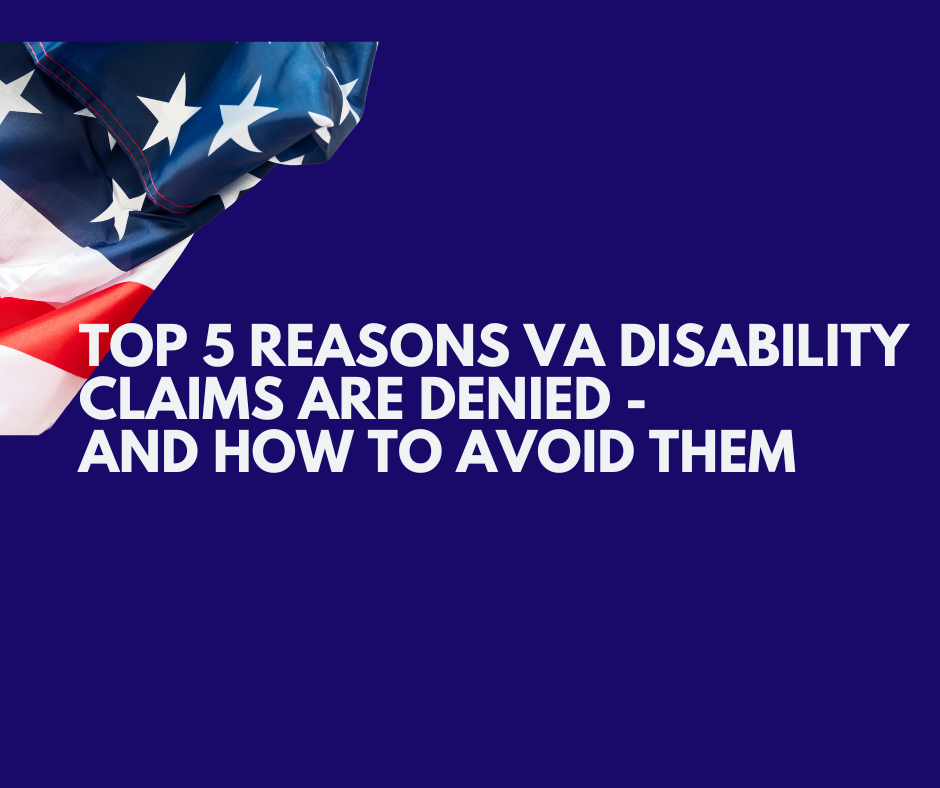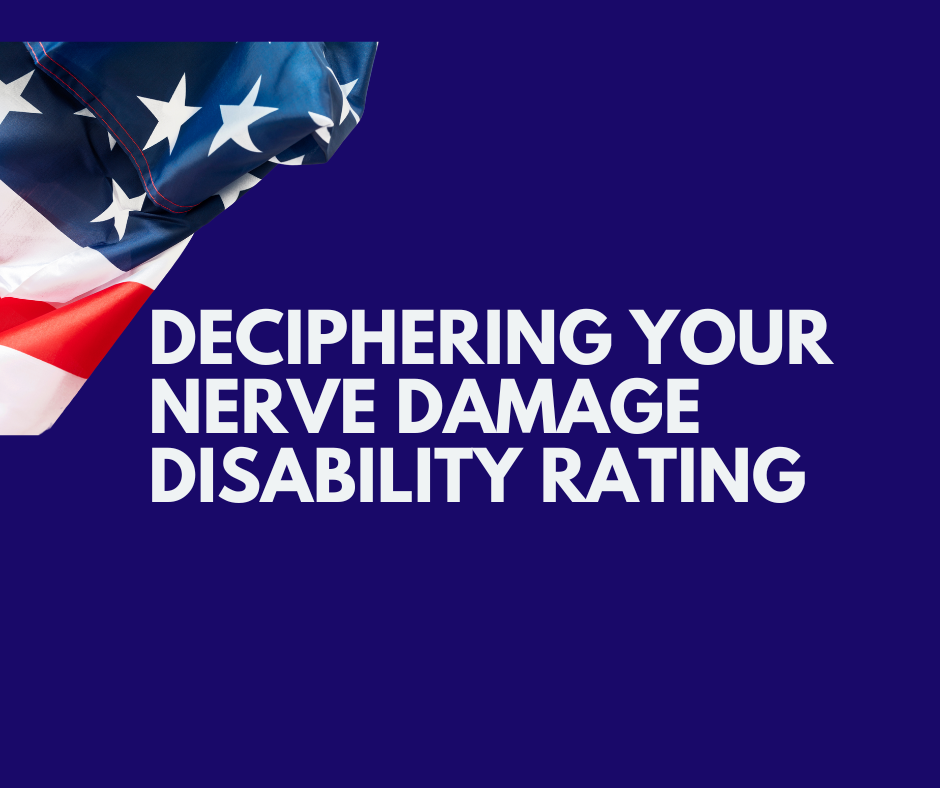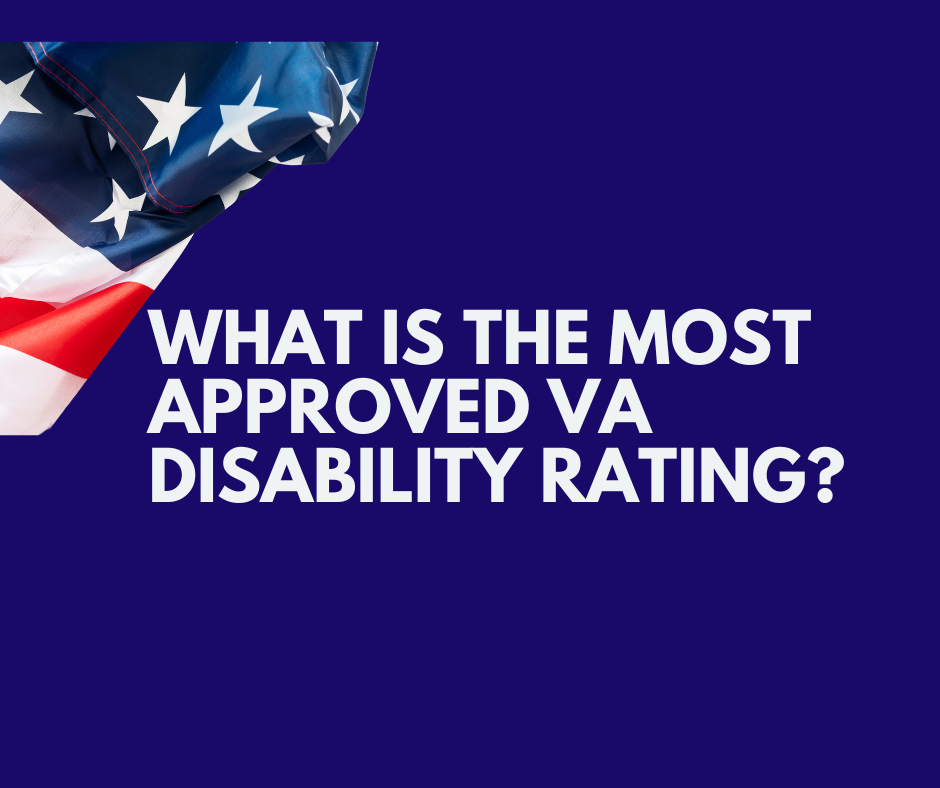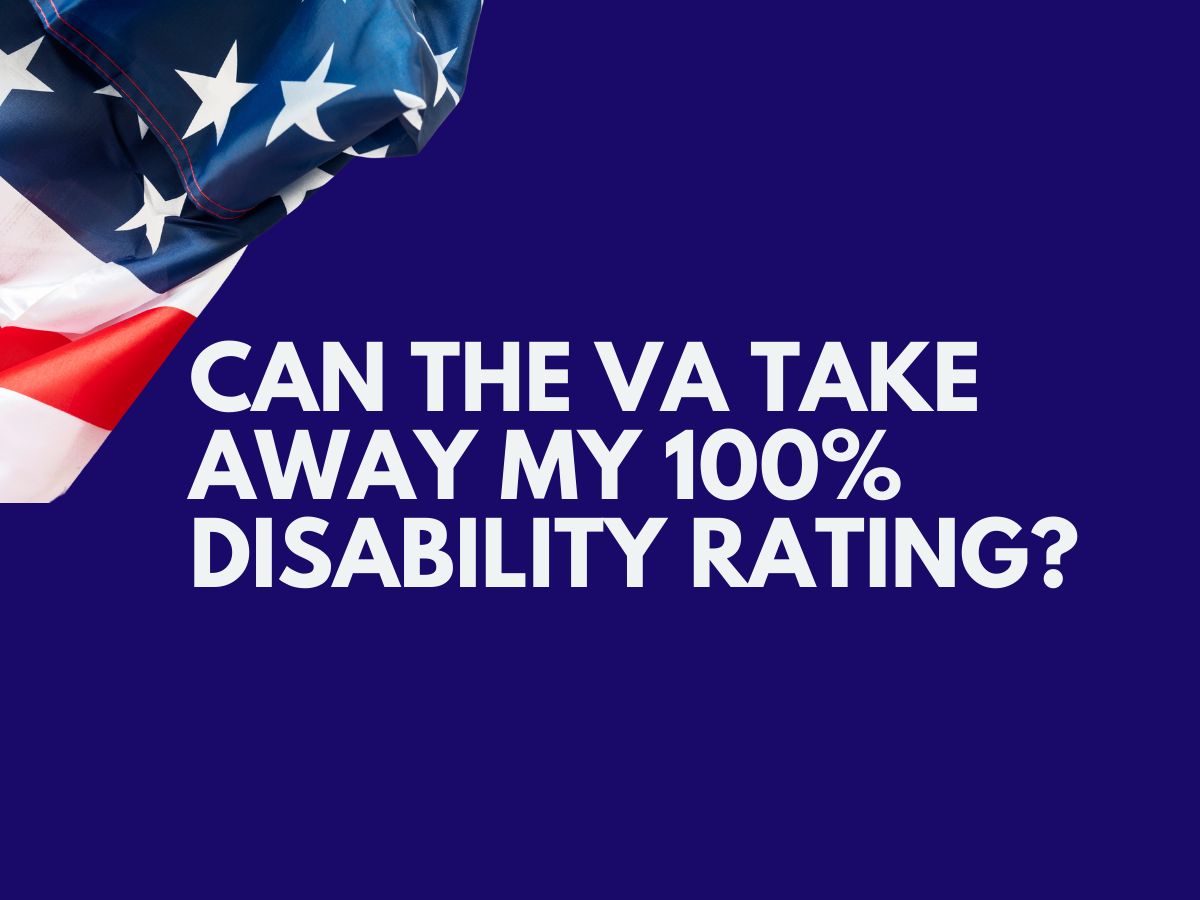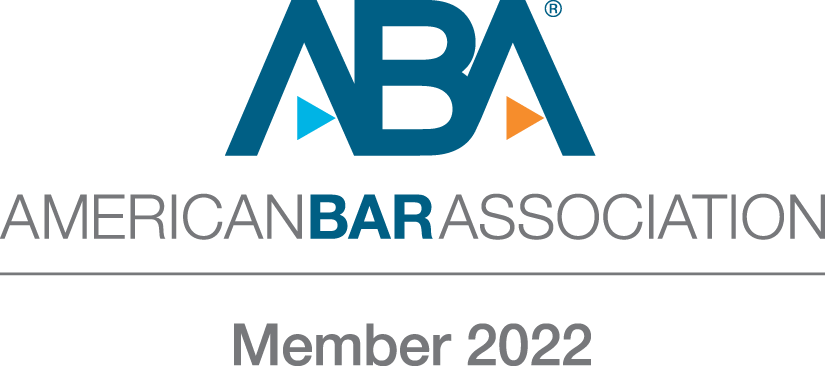The health and wellbeing of our veterans should be a top priority, and with the increasing awareness of burn pit exposure, understanding the Burn Pit VA disability rating system is crucial for affected veterans. What’s at stake? The compensation they deserve for the health issues they’ve developed due to their service. This comprehensive guide will walk you through the ins and outs of burn pit exposure, related health conditions, and navigating the VA disability claims process to secure the benefits that our heroes deserve.
We’ll cover essential topics such as burn pit exposure dangers, eligibility requirements, presumptive conditions, the VA disability rating system, applying for compensation, the Airborne Hazards and Open Burn Pit Registry, recent legislative changes, and tips for navigating the VA disability claims process. So, buckle up and let’s dive into the world of burn pit exposure and VA disability benefits.
What Are Burn Pits and Their Impact on Veterans?
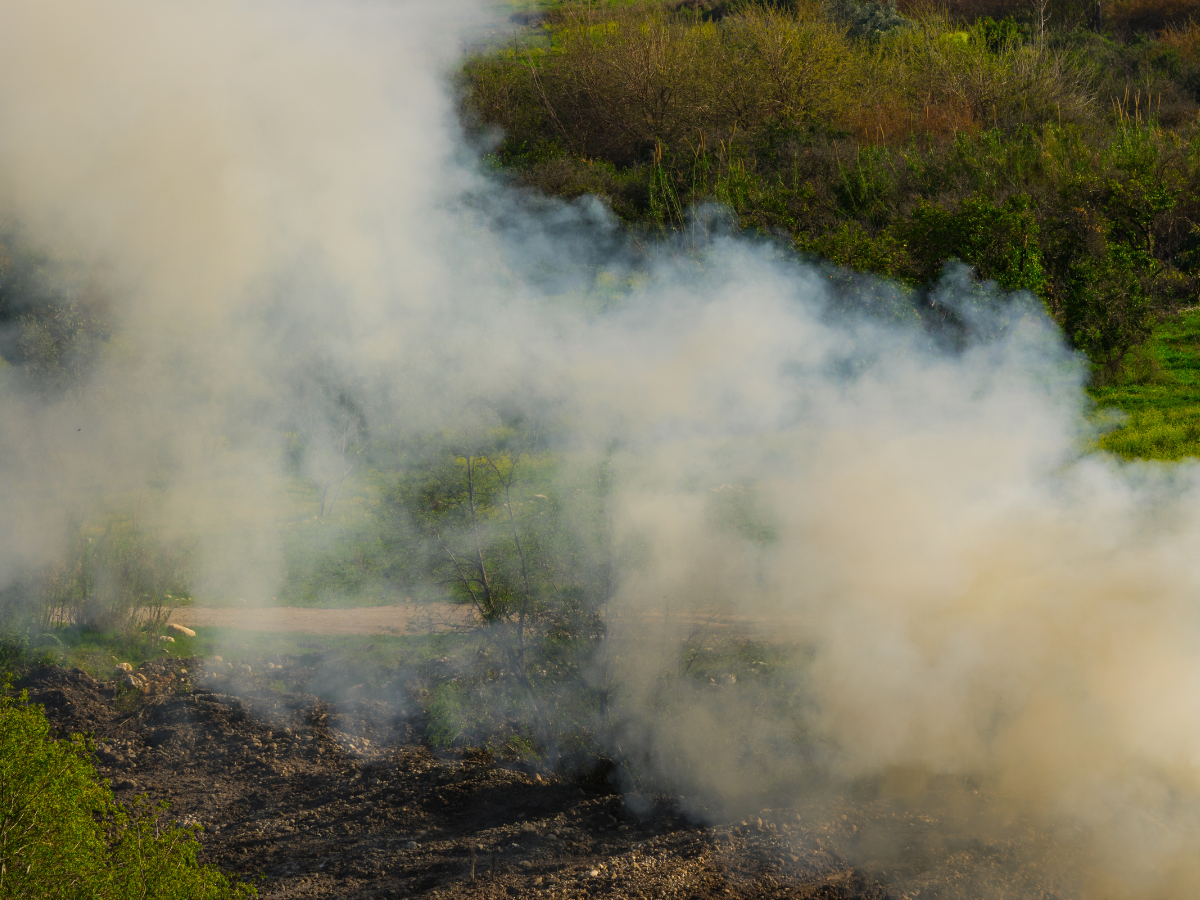
Burn pits are areas of open ground used by the military to dispose of waste during deployment, including human waste, medical waste, and other hazardous materials. Unfortunately, burning these substances releases harmful toxins, such as particulate matter, polycyclic aromatic hydrocarbons, and toxic organic halogenated dioxins and furans, which contribute to progressive pulmonary disease.
Veterans exposed to burn pits during their military service may develop a range of health issues due to the inhalation of these toxic fumes.
The Dangers of Burn Pit Exposure
Exposure to burn pits can lead to various illnesses, primarily respiratory conditions, due to the inhalation of toxic smoke and fumes. Respiratory illnesses associated with burn pit exposure include acute respiratory failure, pulmonary fibrosis, chronic bronchitis, pleuritis, COPD, constrictive bronchiolitis, and rhinosinusitis.
Additionally, breathing in the toxic smoke and fumes from burn pits can cause other health problems, including cancer of any type, mostly affecting the lungs.
The VA has recognized a list of medical conditions associated with burn pit exposure, such as respiratory illnesses, cardiovascular diseases, and some cancers, including type melanoma neck cancer. It is vital for veterans affected by burn pit exposure to comprehend these risks and their relevance to VA disability benefits.
Eligibility for VA Disability Compensation Due to Burn Pit Exposure
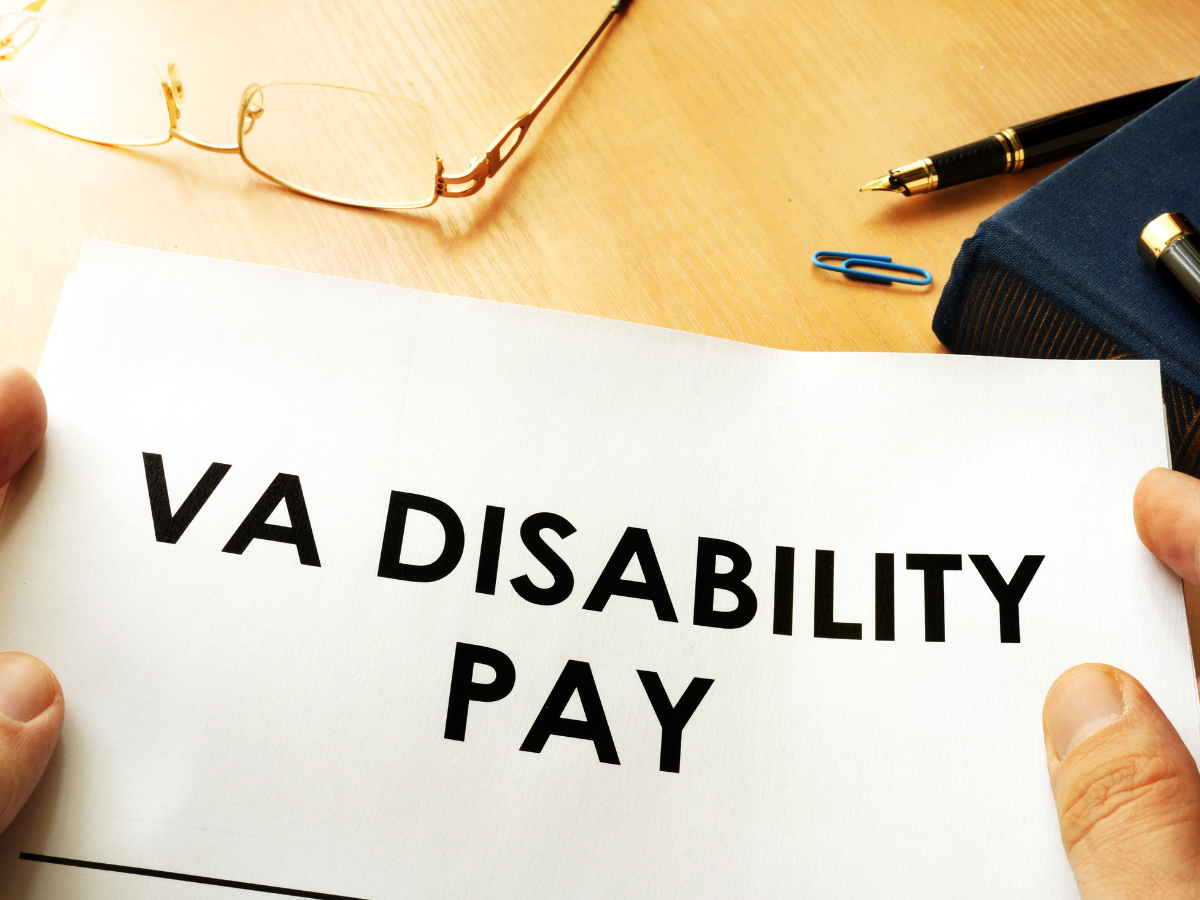
Veterans must meet specific criteria to be eligible for VA disability compensation relating to burn pit exposure. This includes items such as documentation of their military service and medical evidence of a disability..
To be eligible for compensation related to burn pit exposure, veterans must meet the following criteria:
-
They must be veterans who were exposed to burn pits during their military service.
-
They must have a medical condition or disability linked to burn pit exposure.
-
The medical condition or disability must have emerged within ten years of their separation from active service.
Service Requirements and Locations
Eligibility for VA disability compensation requires proof of service in areas with potential burn pit exposure, such as Iraq, Afghanistan, and Djibouti.
VA disability compensation due to burn pit exposure is available to veterans who served in specified overseas war zones and were exposed to the smoke from the burn pits.
Presumptive Conditions Related to Burn Pit Exposure

The VA has a list of presumptive conditions related to burn pit exposure, which includes:
-
Respiratory illnesses such as asthma, pulmonary fibrosis, and constrictive bronchiolitis
-
Nine rare respiratory cancers that were added to the VA’s list of presumptive conditions in April 2022
-
Other presumptive conditions associated with burn pit exposure, such as leukemia, multiple myeloma, and non-Hodgkin’s lymphoma.
Despite having a presumptive condition, it doesn’t guarantee a service connection for conditions related to burn pit exposure. Veterans must still provide evidence of their disability, its impact on their daily life and work, verify medical evidence of their condition, and demonstrate its link to their exposure to burn pits.
A current diagnosis is vital when filing a VA disability claim related to burn pit exposure conditions. Merely stating a condition without a diagnosis will not suffice in securing benefits.
Understanding the VA Disability Rating System for Burn Pit-Related Conditions
The VA disability rating system assigns a percentage to the severity of a veteran’s condition, which determines the amount of compensation they receive. Ratings for burn pit-related conditions range from 0% to 100%, with higher ratings indicating a more severe condition.
Rating Criteria and Examples
The rating criteria for burn pit-related conditions, including interstitial lung disease, vary depending on the specific condition, such as cardiac or respiratory limitation, and even the risk of respiratory failure. Examples of evaluation methods include lung capacity tests, frequency of incapacitating episodes, and the need for outpatient oxygen therapy. For example, the VA considers pulmonary fibrosis a disability. Its ratings for this medical condition range from 10-100%.
The VA disability rating for pleuritis can be:
-
10%
-
30%
-
60%
-
100%
For asthma, the VA rates it based on findings during the veteran’s C&P exam, history of asthma attacks, and clinical tests such as FEV-1 and FCV, which measure lung capacity, as well as ER visits and medications needed.
To ensure they receive the proper compensation for their burn pit-related illness, veterans must understand the rating criteria for their specific condition.
How to Apply for Burn Pit VA Disability Compensation
Veterans can apply for burn pit VA disability compensation by submitting a claim with the necessary medical evidence and service records to the VA. This process may be challenging, but seeking assistance from accredited claims agents or attorneys can help ensure a successful outcome.
The VA can be contacted at 1-800-827-1000, or veterans can file a disability claim online through their e-benefits account. Bear in mind, for a successful claim, it’s necessary to provide all pertinent documentation and evidence of burn pit exposure and health conditions.
The Airborne Hazards and Open Burn Pit Registry
The Airborne Hazards and Open Burn Pit Registry allows veterans to:
-
Document their exposure to burn pits
-
Support their disability claim
-
Help the VA understand the long-term effects of burn pit exposure on veterans’ health by completing the registry questionnaire and health evaluation at a VA medical center can be valuable in supporting a veteran’s disability claim.
Keep in mind that simply adding your name to the registry doesn’t automatically initiate a disability claim. The registry functions as an instrument for recording exposure and collecting data about the impact of burn pits on veterans’ health.
Recent Changes to Burn Pit VA Disability Ratings and Legislation
Recent legislation, such as the PACT Act, has expanded VA compensation for burn pit exposure illnesses and added more presumptive conditions to the list. As the VA updates the rating codes, they will use an analogous Diagnostic Code that covers the conditions associated with burn pits until the new rules are fully implemented.
If a veteran has already applied for benefits for conditions now considered presumptive, the VA will reach out to them about their eligibility for benefits. The new disability benefits from the PACT Act will be implemented gradually over the next few years. If you have questions about whether or not the PACT Act applies to you, contact our office today for a free consultation.
Tips for Navigating the VA Disability Claims Process
While navigating the VA disability claims process can be daunting, the correct approach can enhance veterans’ chances of success. Essential steps include:
-
Obtaining confirmation of the claim’s receipt
-
Assembling all required documents like medical and service records
-
Contemplating the help of an accredited agent or veterans benefits lawyer
-
Preparing for the process’s intricacies
Summary
In conclusion, understanding the Burn Pit VA disability rating system and navigating the claims process is crucial for affected veterans seeking compensation for their burn pit-related illnesses. By becoming familiar with the dangers of burn pit exposure, the presumptive conditions related to burn pits, and the eligibility requirements for VA disability compensation, veterans can be better prepared to secure the benefits they deserve.
While the journey may be challenging, remember that help is available. Reach out to Lawyers for American Vets for a free consultation. You’ve served our country; now let’s make sure you receive the compensation you deserve.
Frequently Asked Questions
What is the VA rating for burn pit exposure?
Unfortunately, there is no specific VA Disability Rating for Burn Pit exposure, but conditions caused by this kind of exposure can be service-connected.
Can you claim burn pits on VA disability?
Yes, you can file a claim to the VA for disability compensation if you have been diagnosed with an illness related to exposure to burn pits. VA will consider your medical symptoms and how they impair your ability to work and provide for your family and requires evidence, such as medical condition and resulting disability. VA provides tax-free monthly payments to eligible veterans suffering from health issues caused by burn pits.
What are the 23 presumptive conditions for burn pit exposure?
Burn pit presumptive conditions include Asthma, Chronic Bronchitis, COPD, Constrictive or Obliterative Bronchiolitis, Emphysema, Granulomatous Disease, Interstitial Lung Diseases, Pleuritis, Pulmonary Fibrosis, Sarcoidosis, Chronic Sinusitis, and 13 other medical conditions.
Here is the full list of the presumptive cancers and illnesses
Presumptive cancers:
-
Brain cancer.
-
Gastrointestinal cancer of any type.
-
Glioblastoma.
-
Head cancer of any type.
-
Kidney cancer.
-
Lymphatic cancer of any type.
-
Lymphoma of any type.
-
Melanoma.
-
Neck cancer.
-
Pancreatic cancer.
-
Reproductive cancer of any type.
-
Respiratory (breathing-related) cancer of any type.
Presumptive illnesses:
-
Asthma that was diagnosed after service.
-
Chronic bronchitis.
-
Chronic obstructive pulmonary disease (COPD).
-
Chronic rhinitis.
-
Chronic sinusitis.
-
Constrictive bronchiolitis or obliterative bronchiolitis.
-
Emphysema.
-
Granulomatous disease.
-
Interstitial lung disease (ILD).
-
Pleuritis.
-
Pulmonary fibrosis.
-
Sarcoidosis.
What is the Airborne Hazards and Open Burn Pit Registry?
The Airborne Hazards and Open Burn Pit Registry is an online database allowing veterans to record their exposure to burn pits and help the VA evaluate the long-term health effects of exposure. This registry is an important tool for veterans to document their exposure and help the VA better understand the long-term health effects of burn pits. It is also a valuable resource for researchers studying the health effects of burn pits.
What recent legislation has affected burn pit VA disability ratings?
The PACT Act has significantly impacted veterans suffering from burn pit exposure, allowing them to access VA disability ratings for more presumptive conditions.
The team at Lawyers for American Vets is dedicated to ensuring that veterans receive the support and assistance they need. Our office exclusively deals with veteran disability and compensation claims. We are committed to ensuring that all veterans receive the compensation they deserve. If you are a veteran who has recently been denied disability compensation, please contact our office at (614) 799-8387 for a free consultation.

